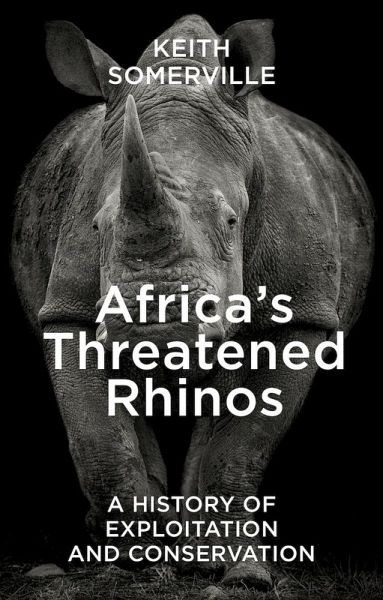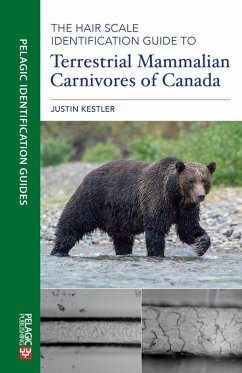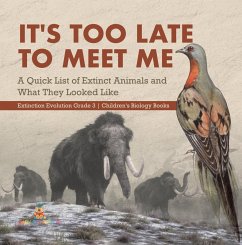
Africa's Threatened Rhinos (eBook, ePUB)
A History of Exploitation and Conservation
Versandkostenfrei!
Sofort per Download lieferbar
30,95 €
inkl. MwSt.
Weitere Ausgaben:

PAYBACK Punkte
15 °P sammeln!
Africa's surviving rhinos are under serious threat. Poaching for their horns, massive extermination by 'sports' hunters in the nineteenth and first half of the twentieth century, and progressive habitat loss have all driven black and white rhino close to the edge. This book considers human interactions with these magnificent and enigmatic animals - charting hunting for food and hides, and then hunting for horn to meet external demand for this much-coveted commodity, as well as peaceful coexistence, over the course of three millennia.With only two females alive in a closely protected reserve in...
Africa's surviving rhinos are under serious threat. Poaching for their horns, massive extermination by 'sports' hunters in the nineteenth and first half of the twentieth century, and progressive habitat loss have all driven black and white rhino close to the edge. This book considers human interactions with these magnificent and enigmatic animals - charting hunting for food and hides, and then hunting for horn to meet external demand for this much-coveted commodity, as well as peaceful coexistence, over the course of three millennia.
With only two females alive in a closely protected reserve in Kenya, the Northern White Rhino is on the brink of extinction. The Southern White Rhino was increasing in numbers, but poaching in South Africa, Botswana and Namibia has now reduced the population to fewer than 20,000, while Black Rhino are hovering around the 6,000-6,500 mark, also with the danger of extirpation everywhere but in parts of eastern and southern Africa.
Many books have been written on poaching and the decline of the rhino, often from a very personal, engaged viewpoint. This volume takes the reader into important new territory, showing how human agency has led to the situation we now face. Covering the history of commercial and sporting exploitation of rhino, it brings the picture up to date with an overview of contemporary conservation and anti-poaching operations. This urgent work is a significant contribution to our understanding of wildlife on the African continent.
With only two females alive in a closely protected reserve in Kenya, the Northern White Rhino is on the brink of extinction. The Southern White Rhino was increasing in numbers, but poaching in South Africa, Botswana and Namibia has now reduced the population to fewer than 20,000, while Black Rhino are hovering around the 6,000-6,500 mark, also with the danger of extirpation everywhere but in parts of eastern and southern Africa.
Many books have been written on poaching and the decline of the rhino, often from a very personal, engaged viewpoint. This volume takes the reader into important new territory, showing how human agency has led to the situation we now face. Covering the history of commercial and sporting exploitation of rhino, it brings the picture up to date with an overview of contemporary conservation and anti-poaching operations. This urgent work is a significant contribution to our understanding of wildlife on the African continent.
Dieser Download kann aus rechtlichen Gründen nur mit Rechnungsadresse in A, D ausgeliefert werden.













